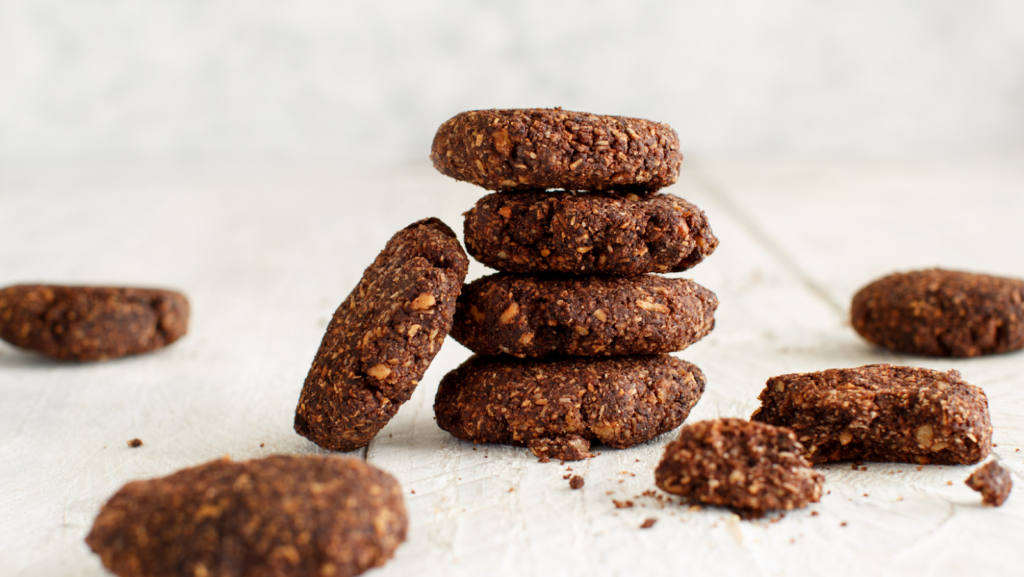
If you’re considering the Atkins diet, you’re probably wondering if it’s right for you. Here are some things to consider that may help you decide.
What is the Atkins Diet?
The Atkins Diet is a low-carbohydrate diet that promotes rapid weight loss. The diet was first popularized in the 1970s by cardiologist Robert Atkins.
Atkins claimed that his diet could help people lose weight quickly and keep it off long-term. The diet has since been updated and is now divided into four phases: induction, ongoing weight loss, pre-maintenance, and lifetime maintenance.
The induction phase is the most restrictive and typically lasts for two weeks. During this phase, people are encouraged to eat high-fat, high-protein foods while limiting their intake of carbs to 20 grams per day.
The ongoing weight loss phase is less restrictive, allowing people to gradually increase their carb intake until they reach their goal weight. The pre-maintenance and lifetime maintenance phases are designed to help people keep the weight off long-term by making small adjustments to their carb intake as needed.
There is some scientific evidence to support the Atkins Diet’s claims of rapid weight loss. One study showed that participants who followed the diet lost more weight than those who followed a traditional low-fat diet (1).
However, other research has shown that the Atkins Diet may not be any more effective for long-term weight loss than other diets (2). And some experts worry that the Atkins Diet’s emphasis on fat and protein may be unhealthy for some people (3).
If you’re considering trying the Atkins Diet, it’s important to speak with your doctor first to make sure it’s safe for you. You should also be sure to read through the pros and cons of the diet before making a decision.
What are the benefits of the Atkins Diet?
The Atkins Diet is a low-carbohydrate diet that is based on the theory that excess carbohydrates are responsible for weight gain and obesity. The diet promises quick and easy weight loss without counting calories or restricting food choices. The Atkins Diet has been shown to be effective in short-term studies, but there is limited data on its long-term effects. Some research suggests that the Atkins Diet may increase the risk of heart disease, stroke, and kidney stones. If you are considering this diet, it is important to speak with your healthcare provider to ensure that it is safe for you.
What are the drawbacks of the Atkins Diet?
The Atkins Diet has been shown to be effective for weight loss, but there are some potential drawbacks to be aware of. These include:
-High cholesterol and saturated fat intake: The Atkins Diet allows for unlimited amounts of cholesterol and saturated fat, which can lead to negative health consequences.
-Kidney problems: People with kidney disease should avoid the Atkins Diet due to the high protein intake.
-Constipation: The Atkins Diet can cause constipation due to the lack of fiber-rich foods.
– bad breath: The Atkins Diet can cause bad breath due to the high protein intake.
Who is the Atkins Diet suitable for?
The Atkins Diet is a low-carbohydrate diet that can help you lose weight. But it’s not for everyone, and there are some potential risks. Here’s what you need to know before starting the Atkins Diet.
The Atkins Diet is a high-protein, low-carbohydrate diet that was popularized in the 1970s by Dr. Robert C. Atkins. The diet requires you to drastically reduce your intake of carbohydrates and replace them with protein and fat.
Carbohydrates are found in many foods, including bread, pasta, rice, potatoes, fruits, and sweets. The Atkins Diet allows you to eat only a limited amount of carbohydrates each day.
Protein and fat are also found in many foods, but you can eat unlimited amounts of them on the Atkins Diet. Protein and fat help you feel full longer and can help prevent cravings for carbohydrates.
The Atkins Diet is divided into four phases: induction, ongoing weight loss, pre-maintenance, and maintenance. The induction phase is the most restrictive and lasts for two weeks. During this phase, you eat only 20 grams of carbohydrates per day.
The ongoing weight loss phase lasts until you reach your goal weight. During this phase, you gradually increase your carbohydrate intake until you reach a level that allows you to maintain your desired weight.
The pre-maintenance and maintenance phases are designed to help you keep the weight off for good. During these phases, you learn how to make smart choices about carbs so that you can enjoy all your favorite foods while staying at your goal weight.
Who is the Atkins Diet not suitable for?
The Atkins Diet is not suitable for everyone. There are a number of groups of people for whom the Atkins Diet is not recommended, including:
-People with kidney problems
-People with liver problems
-Women who are pregnant or breastfeeding
-Children
-Adolescents
-Older adults
-People who are taking medication for diabetes
Atkins diet pros and cons
The Atkins Diet is a low-carbohydrate diet that has been around for over 40 years. The Atkins Diet was originally developed by Dr. Robert C. Atkins as a way to treat his own weight issues. Dr. Atkins started the diet by eating a very low number of carbs, about 20 per day. He found that by doing this, he was able to lose weight and keep it off.
The Atkins Diet has gone through several iterations over the years, but the basic premise is still the same: eat fewer carbs to lose weight. The current iteration of the diet, Atkins 20, allows for a bit more flexibility in terms of carb intake, but the goal is still the same: to get your body into ketosis so that you can burn fat for energy instead of carbs.
If you’re interested in starting the Atkins Diet, there are a few things you should consider first. First, it’s important to talk to your doctor to make sure that the diet is right for you. The Atkins Diet is not suitable for everyone, and it’s important to make sure that you’re healthy enough to start the diet before you begin.
Second, it’s important to have a clear understanding of what you can and cannot eat on the diet. There are a few food groups that are completely off-limits on the Atkins Diet (such as sweets and starches), but there are also plenty of foods that you can eat ( including meats, vegetables, and healthy fats). It’s important to educate yourself on what foods are allowed on the diet so that you can plan your meals accordingly.
Third, it’s important to be prepared for some potential side effects when starting the Atkins Diet. Some people may experience headaches, fatigue, or constipation when they first start the diet due to their bodies adjusting to burning fat for energy instead of carbs. These side effects typically subside after a week or two, but it’s important to be aware of them before starting the diet so that you can be prepared mentally and emotionally prepared for them.
If you’re interested in starting the Atkins Diet, talk to your doctor first and then educate yourself on what foods are allowed on the diet so that you can be prepared for any potential side effects.










